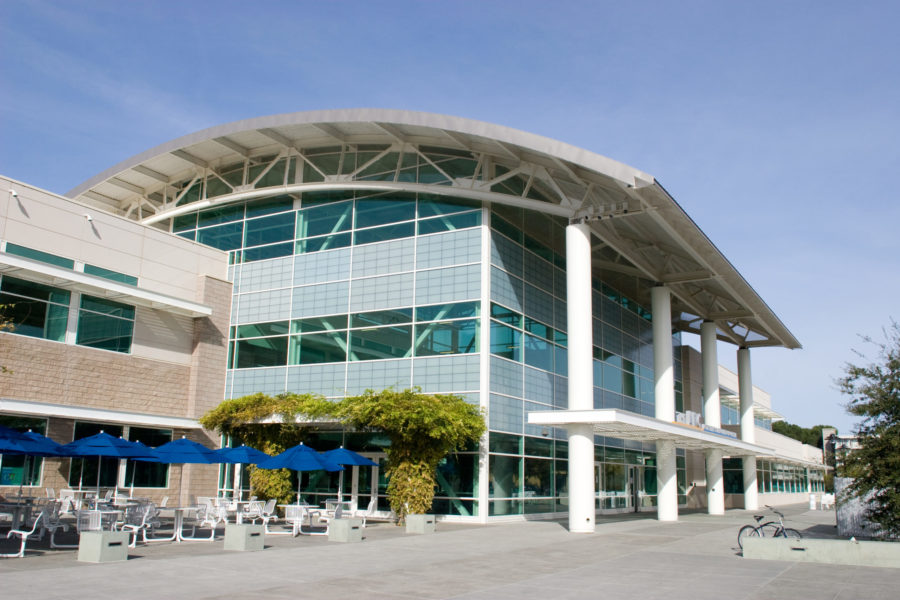
Due Diligence Checklist for Any Commercial Real Estate Transaction

Generally, speaking commercial real estate transactions in North Carolina proceed according to the concept of caveat emptor: Buyers must beware of what they are getting into with the deal, since it will be binding, and their obligations will not change based upon any factors discovered in the aftermath. Therefore, you can understand the importance of due diligence investigating the subject property. Substantial funds will be exchanged in a typical commercial real estate transaction, so you want to ensure that you make informed decisions and minimize risk.
Details are the goal of due diligence, so your investigation is a painstaking, comprehensive, and often complicated process. Not only do you want to avoid surprises, but you also want sufficient time to review the information and identify potential red flags. Because of the complexities, many parties rely on North Carolina commercial real estate lawyers for assistance with the process. However, you may find it useful to consider this due diligence checklist for commercial property deals.
How to Use This Due Diligence Checklist: While your attorney will handle the details, you should get a general understanding of how to employ due diligence tactics. Your goal is to leave no stone unturned and avoid issues with the property, title, environmental issues, financial considerations, and many other factors; you also want to get these details as early on as possible. In some cases, a buyer can work this checklist into the sale agreement itself and mandate that due diligence starts once the seller turns over all information. Doing so provides a framework for the details the buyer is seeking AND allows sufficient time for document review.
Commercial Real Estate Due Diligence Checklist: Every deal is different, so the order and details may vary. However, your due diligence process should address, reference, or cover the following:
Organize Files: The best way to dive into a commercial property transaction is to develop a systematic, defined process for document organization. You should have access to numerous documents, including:
- A survey of the property by the North Carolina Land Title Association (NCLTA);
- Copies of all liens, easements, and encumbrances;
- Government notices and correspondence;
- Recent tax bills;
- A commercial real estate appraisal; and
- Many others depending on the transaction.
Evaluate Property Operations: Turning to the real estate specifically, you should begin reviewing all agreements and documentation that affect operations. The seller should provide any leases, utility bills, rent income, and additional details. Make sure to obtain the Gastonia Zoning Verification Letter or similar documentation from the municipality where the property is located.
Get Site Consultants and Design Professionals Involved: It is unlikely that you can conduct all due diligence without input from your team. One of the most important aspects of this step is arranging for your Phase I environmental report (ESA) in accordance with standards promulgated by the US EPA and ASTM. This process should uncover any contamination issues you may need to rectify – or it could change your mind about going through with the deal if significant problems arise.
Obtain Inspections: You have some flexibility in timing your inspections, but many parties want to move forward early in the transaction. Consider bringing your site consultants and design professionals to provide input.
Contact a North Carolina Commercial Real Estate Attorney for Details
This due diligence checklist is helpful as an overview, but there are many other details and steps you may encounter based upon your unique circumstances. Regardless of your position in a commercial real estate transaction, it is wise to trust our lawyers at Mullen Holland & Cooper P.A. for assistance. Please call 704.864.6751 or go online to set up a consultation at our offices in Gastonia, NC. Once we review your situation, we can advise you on a strategy for undertaking due diligence.






